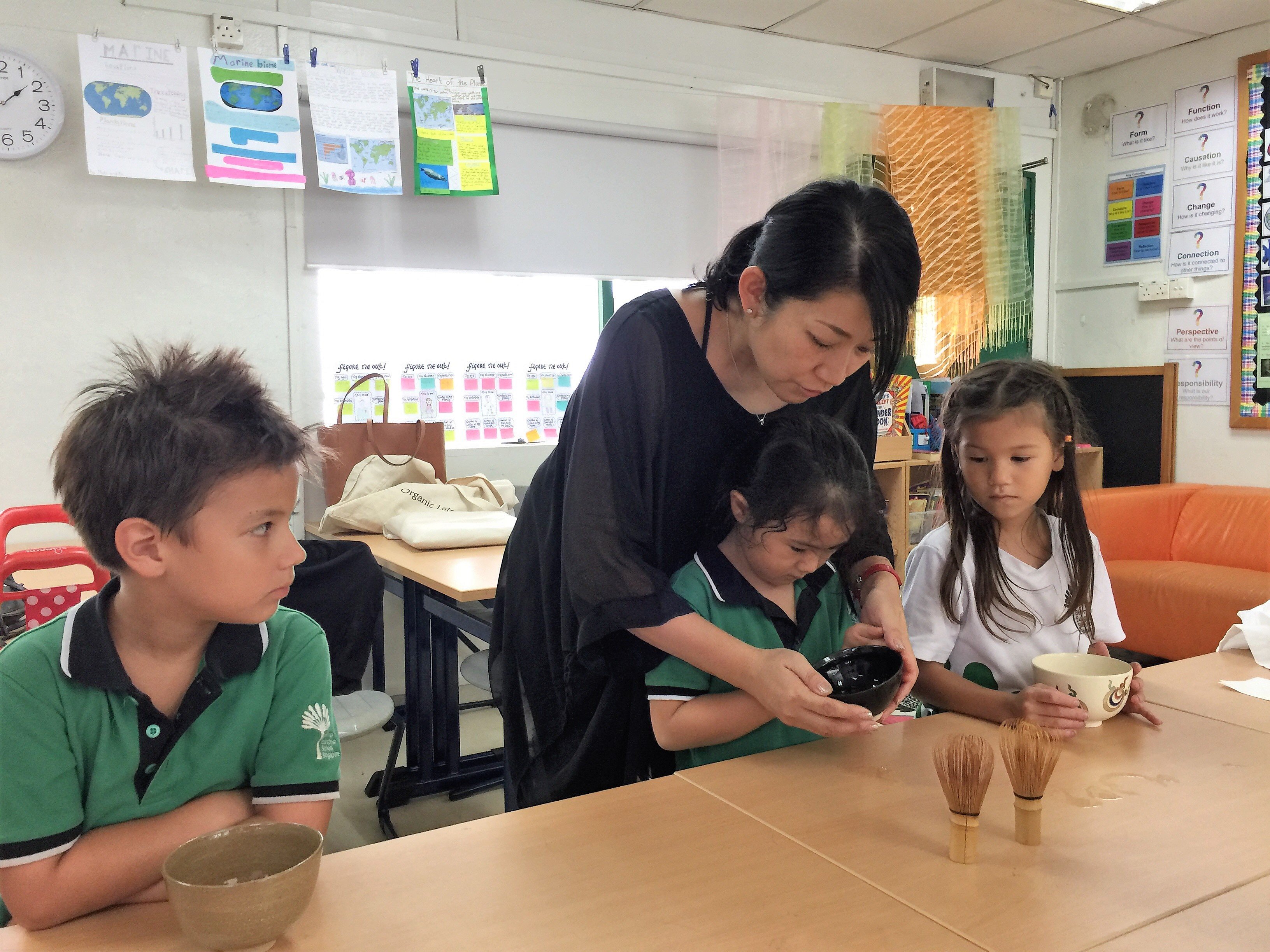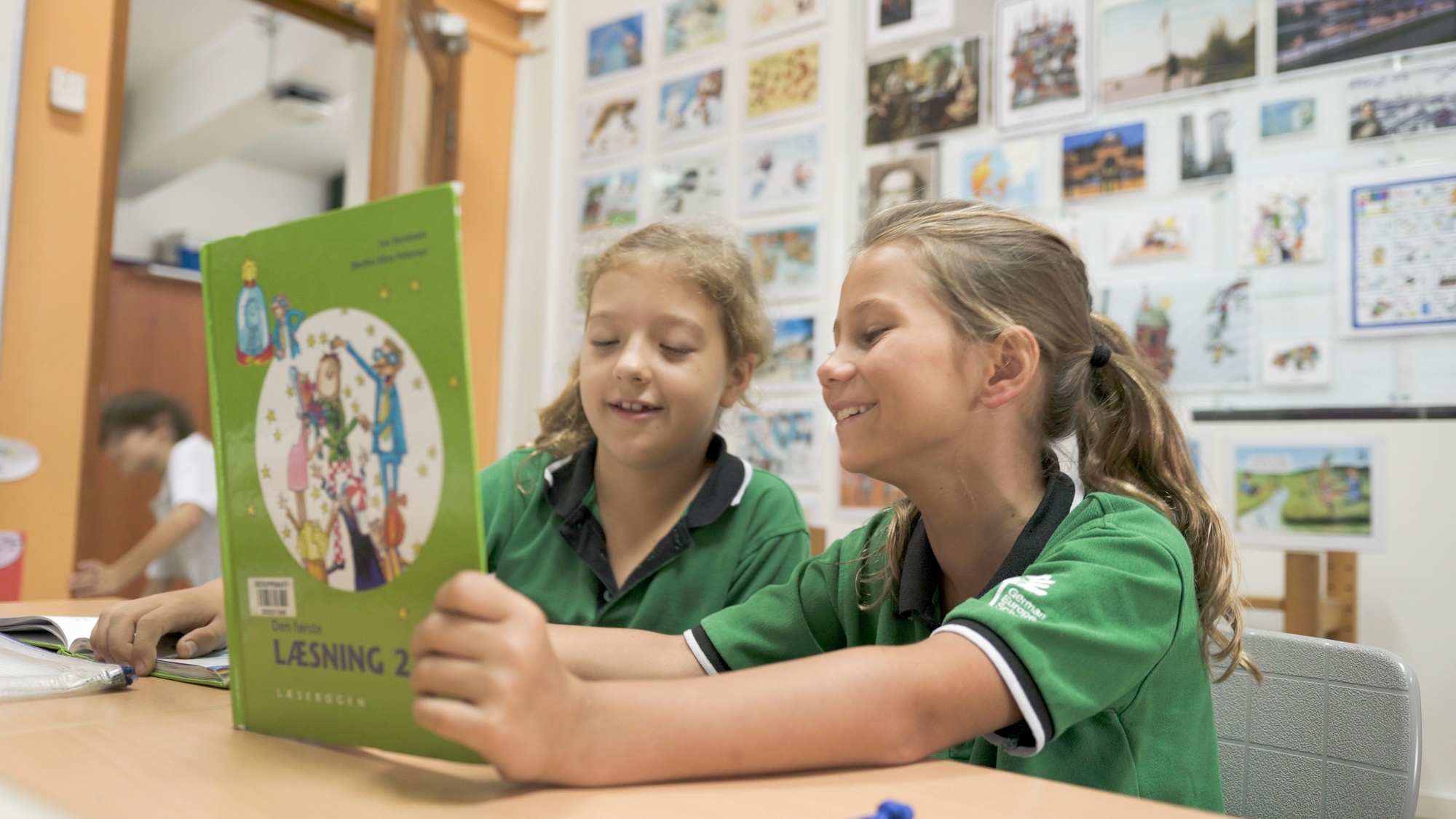At a recent talk on bringing up bilingual and multilingual children, a parent raised a question:
Quite the riddle to which there is no straightforward, or for that matter, right answer. Yet it is a problem that many globe-trotting parents, who are first generation expat kids themselves and are now in mixed marriages, face."I am Welsh and speak English and Welsh fluently. My wife is from China but grew up in France and Belgium so she speaks Chinese, French and Dutch at native language fluency. We cannot decide which languages to introduce to our son first?"
On one hand, they want to hear their children speak all the languages which they hold close to their hearts and on the other they worry about overwhelming their children.

Eurovision singing contest for European language learners
Give your child a reason to learn a language
Linguists who have studied children’s abilities to learn new languages suggest that firstly, children are more likely to pick up a language when they see a reason to.
Will learning that language help them make friends at the playground and feel included in the community? Will it perhaps make it easier for them to form bonds with grandparents and cousins living in another country? These heighten the currency of a language in a child’s eye and provide a more natural motivation for children to invest in learning a language. If it is just a language they have to learn because mummy and daddy want them to, they might, but with great disinterest and not get around to using it.
.jpg)
Chinese Language Immersion Programme
prioritise the right languages
When deciding how to prioritise the introduction of languages to your little one and how to go about helping them practice it more, consider these things:
- What would you say is the mother tongue or father tongue? Even if you, personally, are not able to narrow it down to two languages due to a complicated origin story, think about what language is commonly spoken by your extended families at gatherings. What are the one or two languages that will enable your child to understand, his/her heritage better and find some semblance of a sense of belonging within the family network, in spite of all the moving around the globe.
- Think about the dominant language in the community that you live in. What is the primary language spoken by the children at the playground? What is the language your child will need to know to be able to make sense of their environment and for functional use?
- Additionally, consider also the language that will be used as the language of instruction in the school you intend to send your child to eventually. While it might seem like this would be the same as the community language, this need not always be the case. For instance, an expat family living in China but sending their child to an English-medium school while having a completely different family language will need to think about how to help the child balance all three languages well. Being familiar with the language of instruction will definitely ease a child’s ability to get used to formals schooling years and assimilate well.

Learning Japanese through a tea ceremony
helping with language acquisition
This then brings us to the question of how you can help your child with language acquisition. There is one thing that language teaching experts always emphasise: language learning does not begin and end with the classroom, textbooks, homework and formal practice.Pause for a moment and think about it.
Languages serve a social function; they are used for communication between people in social settings. Therefore, nothing will boost your child’s language abilities like giving them opportunities to use the language in social settings.
Languages serve a social function; they are used for communication between people in social settings. Therefore, nothing will boost your child’s language abilities like giving them opportunities to use the language in social settings.
Even if the language your child is learning is widely spoken in the family, it helps for them to meet other people their age who speak the same language. This is where language enrichment programmes that use non-formal, immersive settings to let a child speak a language freely, summer language camps or activity based language practice sessions could really be useful. Arguably, more useful than just formal language classes would be.

Apart from that, let your child explore a language through fun and engaging mediums like movies, cartoons, music, storybooks and apps. Such mediums make the language come alive and unless they are learning Latin it is very important that the language comes alive to a child! When watching movies and cartoons, children are exposed to the sounds of words, meaningful vocabulary usage and the depth and nuances of the language as they observe how the language is applied in different settings. This is something they will come to imitate and this increases their likelihood of becoming natural speakers.
Keep language learning human and your child is likely to enjoy it and pick up the languages with greater ease!
Looking for an international school that can partner with you in fostering your child's language skills? Visit our Open House to find out more!
Looking for an international school that can partner with you in fostering your child's language skills? Visit our Open House to find out more!

